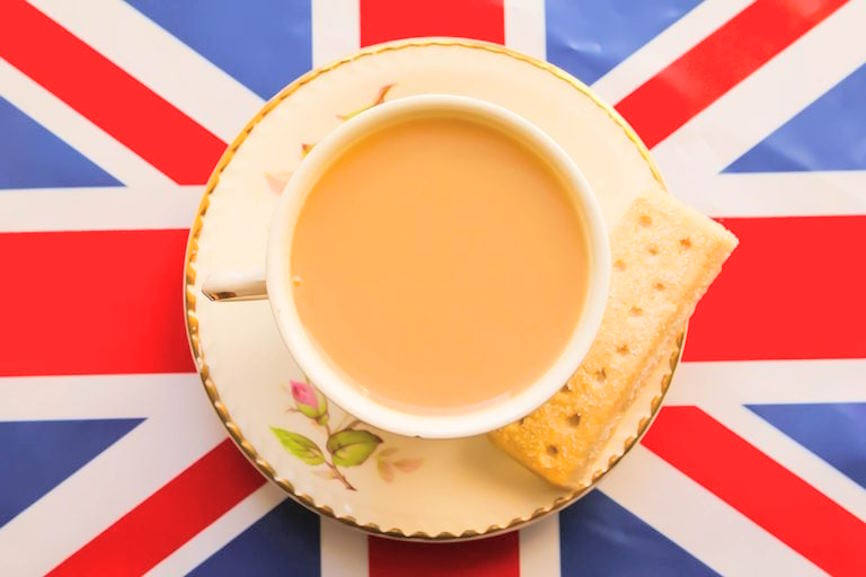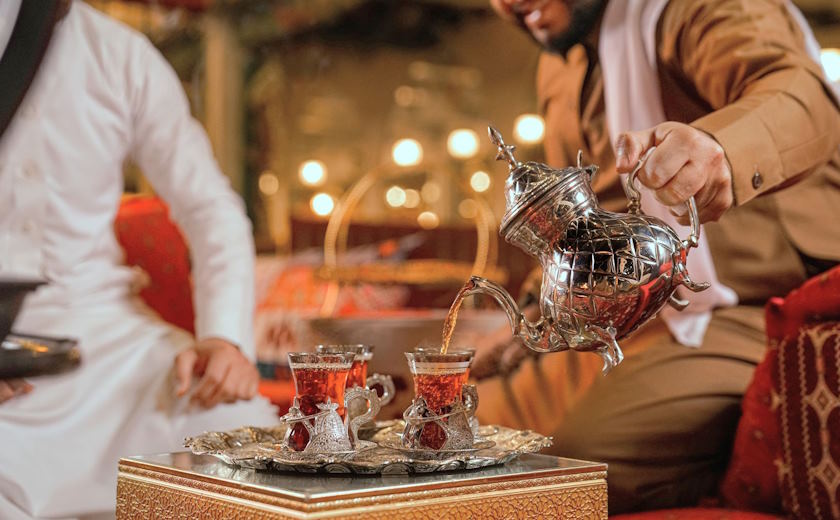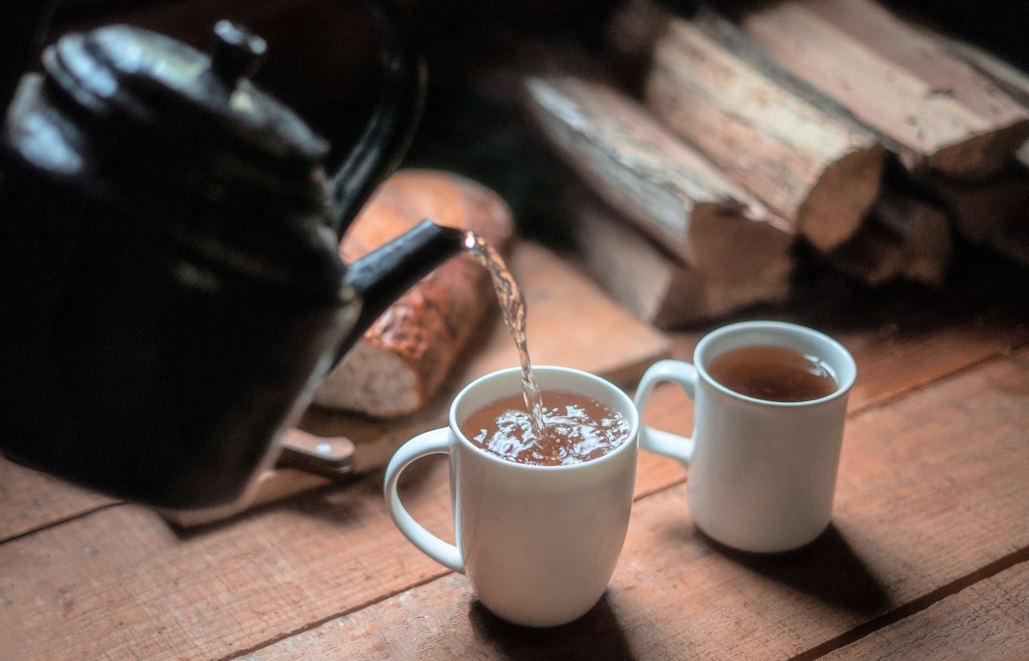Tea, an ancient beverage with roots that traverse continents and centuries, has established itself as more than just a drink; it embodies a tapestry of history, culture, and tradition. In no other places is this tapestry woven more richly than in the United Kingdom and India. From the opulent halls of British aristocracy to the bustling streets of Indian villages, tea has left an indelible mark on the social fabric of these nations.
Tea Production and Trade
Tea cultivation in the UK
Tea cultivation in the United Kingdom, though modest in scale, carries an air of artisanal dedication. The country’s rolling hills and temperate climate provide a unique backdrop for tea gardens, where production is carefully managed. With a limited yield, UK tea is a testament to the commitment of small-scale producers who emphasize quality over quantity. The influence of the climate, often compared to that of traditional tea-growing regions, imparts a distinctive character to the tea leaves.
Tea cultivation in India
India’s tea cultivation spans a diverse spectrum, with various regions contributing their own distinct flavors. From the robust Assam tea with its malty notes to the delicate Darjeeling tea with its floral aroma, each region has its own identity. Beyond its flavors, tea production in India plays a crucial role in the socioeconomic fabric of many local communities. Providing employment to millions, it shapes livelihoods and empowers societies, contributing to the intricate tapestry of the country’s cultural and economic landscape.
Global tea trade and its historical implications
The global tea trade stands as a historical artifact of commerce and cultural exchange. During the 19th century, the Opium Wars marked a dark chapter in trade history, with tea becoming a bargaining chip for opium in China. This tea-for-opium trade had profound implications for both the nations involved and their populations. The trade’s ripples extended to the UK and India, fostering connections and transfer money from UK to India exchanges,continue to influence cultural practices, and perhaps, even shape modern tea preferences.

Ceremonial and Social Aspects of Tea Consumption
Traditional tea ceremonies in the UK
In the United Kingdom, tea consumption extends beyond a mere beverage – it’s a cherished ritual steeped in tradition. The quintessential afternoon tea, adorned with delicate finger sandwiches, scones, and pastries, is an embodiment of refined etiquette. Etiquette guides the pouring of tea, stirring it gently, and adding milk before or after. This ritual, rooted in aristocratic society, transcends time, gracing modern tearooms and elegant settings alike. The royal connection further elevates British tea culture, with the British Royal Family’s endorsement of tea as a symbol of grace and poise.
Tea as a social binder in India
In contrast, India’s tea culture is a lively tapestry of communal bonding and warmth. The country’s bustling streets are adorned with vibrant tea stalls that serve as epicenters of social interaction. These humble setups foster connections among strangers and neighbors alike, where conversations range from the mundane to the profound. But it’s the role of chai that truly weaves Indian communities together. Whether shared among family members in the morning or served to guests, chai is emblematic of hospitality, love, and the shared human experience. It’s the unifying thread that ties together the diverse fabric of India’s society.

Modern Adaptations and Trends
Contemporary tea culture in the UK
The United Kingdom’s tea culture has gracefully evolved to embrace modernity while keeping its timeless essence intact. The resurgence of traditional tea rooms, adorned with vintage aesthetics and delicate china, appeals to those seeking a nostalgic escape. Beyond this, a dynamic array of artisanal tea blends has taken center stage, catering to diverse palates and offering innovative flavor combinations. This fusion of tradition and modernity is also reflected in the approach to tea practices. While afternoon tea remains a symbol of refinement, the younger generation embraces a more casual approach, sipping tea on the go or experimenting with unconventional pairings.
Evolving tea preferences in India
India’s tea preferences have evolved in response to changing lifestyles and health-conscious attitudes. The emergence of specialty tea shops has introduced a new level of sophistication, offering a curated selection of teas from across the nation. Health considerations have driven a shift towards herbal blends and green teas, reflecting an increased awareness of well-being. Urbanization has also played a role in reshaping tea-drinking habits. With the pace of life accelerating, traditional prolonged tea sessions are giving way to quicker, on-the-go options that cater to the demands of urban dwellers, while still cherishing the cultural importance of tea.






